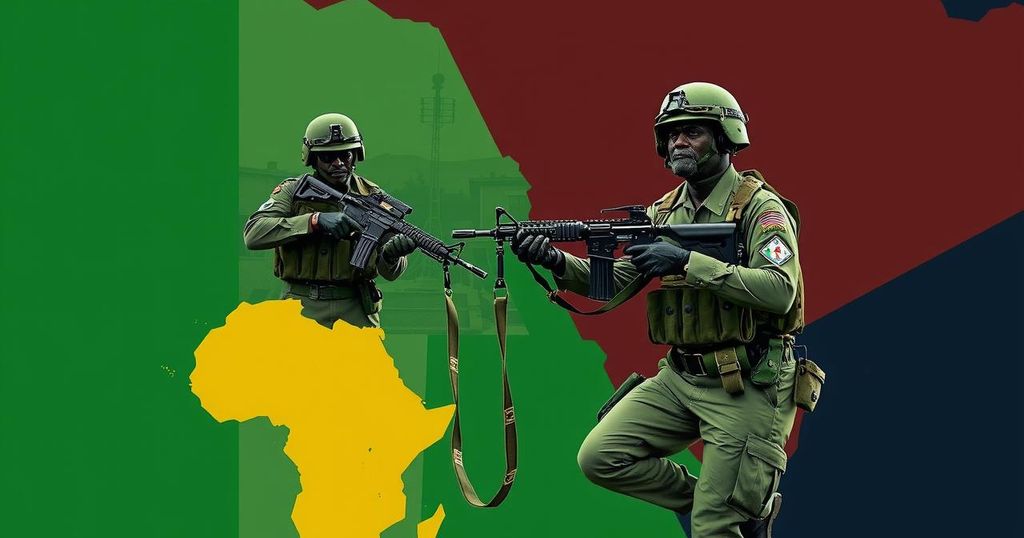The upcoming gathering on October 26-27 will address the evolving security dynamics between Ethiopia and Somalia. The MoU between Somaliland and Ethiopia is central to the upcoming elections, influencing regional stability and economic prospects. As Djibouti and Somaliland accuse one another of destabilization, the need for strategic discussions is paramount for future relations and security in the Horn of Africa.
A forthcoming gathering on October 26-27 is poised to impact the intricate dynamics between Ethiopia and Somalia. The memorandum of understanding (MoU) established earlier this year between Hargeisa and Addis Ababa is pivotal in shaping the political landscape as President Muse Bihi seeks re-election amidst challenges posed by rival Abdirahman Mohamed Abdullahi. The outcome of next month’s election will be critical in determining the MoU’s future. Tensions have escalated in the region, with officials from Djibouti and Somaliland trading accusations of destabilization. Djibouti has been quietly training new recruits for its republican guard and refutes any intentions of malice, yet it remains uneasy regarding the pact signed by Somaliland and Ethiopia in January. Somaliland aims to present to its populace that their proposal to lease land for an Ethiopian naval base— contingent on Ethiopia’s acknowledgment of its sovereignty—could provide substantial economic benefits to Kenya and the larger region. In light of escalating tensions with its neighbors, Addis Ababa has taken steps to reinstate the former president of the region adjacent to Somalia, potentially bestowing upon him new responsibilities within the federal government. This move signals a strategic recalibration in response to the shifting security paradigm and reflects Addis Ababa’s commitment to strengthening its regional influence.
The geopolitical context within the Horn of Africa has witnessed significant transformations, with Ethiopia playing a central role in regional affairs, particularly concerning its interactions with Somalia and Somaliland. The bilateral agreements signed in recent years, notably the MoU, aim to enhance security cooperation and economic ties but have also exacerbated tensions with neighboring Djibouti. The upcoming elections in Somaliland add a layer of complexity to these dynamics, influencing regional stability and economic prospects.
In summary, the impending discussions on October 26-27 are crucial for the geopolitical stability between Ethiopia and Somalia. The MoU between Hargeisa and Addis Ababa, in conjunction with the political landscape shaped by the upcoming elections, will significantly impact regional relations. Additionally, the strategic actions of Djibouti and the renewed roles of former political figures in Ethiopia underscore the multifaceted nature of the security challenges faced in the region.
Original Source: www.africaintelligence.com






